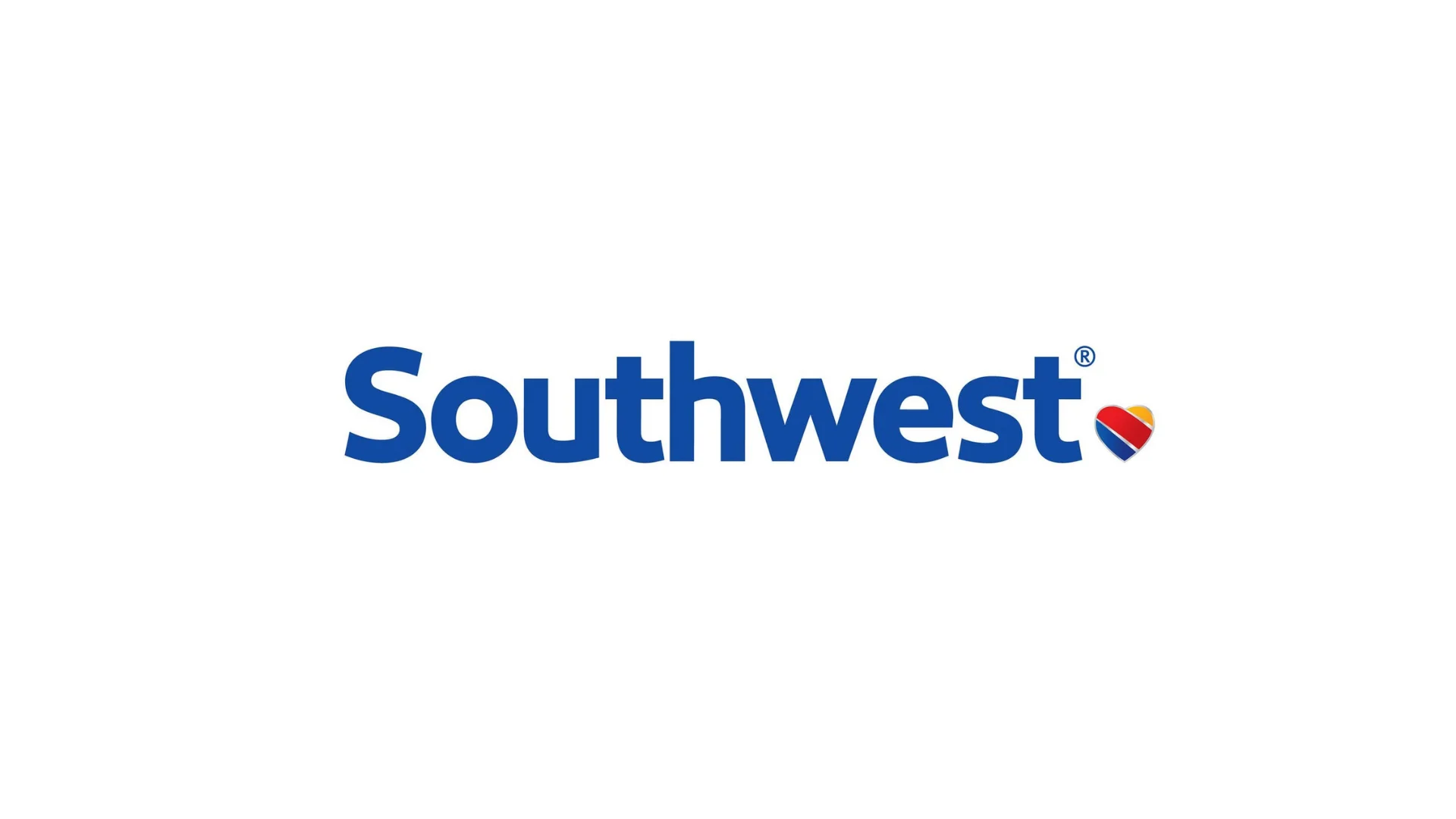Airlines face significant challenges due to fluctuating fuel prices, which can account for 20% to 30% of their operational expenses. To manage these fluctuations, airlines employ various fuel hedging strategies. These strategies aim to protect airlines from sudden increases in fuel costs, which could severely impact their financial performance.
Fuel hedging involves the use of financial instruments such as futures and options contracts. According to Investopedia, futures contracts allow airlines to lock in future fuel prices, providing a form of insurance against market volatility. "These futures contracts provide airlines with insurance," allowing them stability in pricing despite potential market changes.
Options contracts are another tool used by airlines. They come in two forms: call options and put options. Call options give the right to buy at a set price if prices rise, while put options allow selling at a set price if prices fall. Embry-Riddle Aeronautical University notes that most airlines combine both futures and options for effective hedging.
 Alerts Sign-up
Alerts Sign-up









